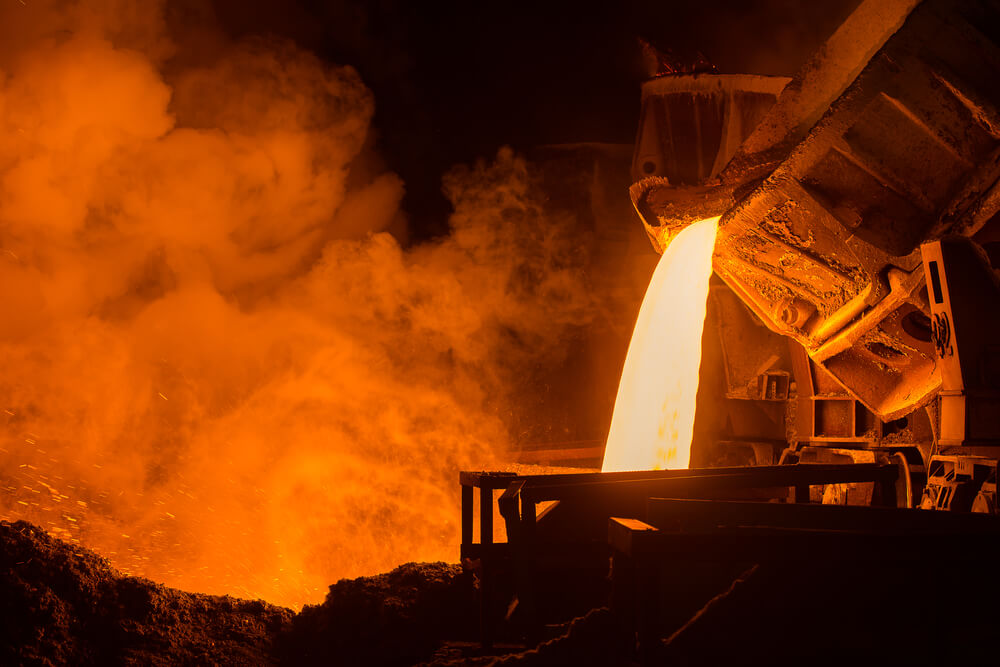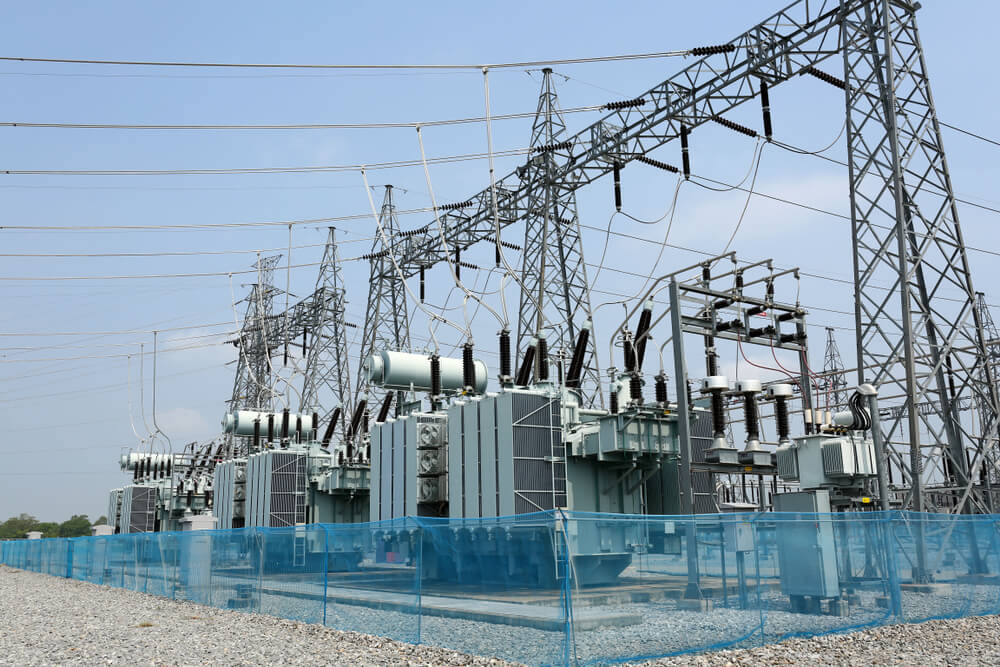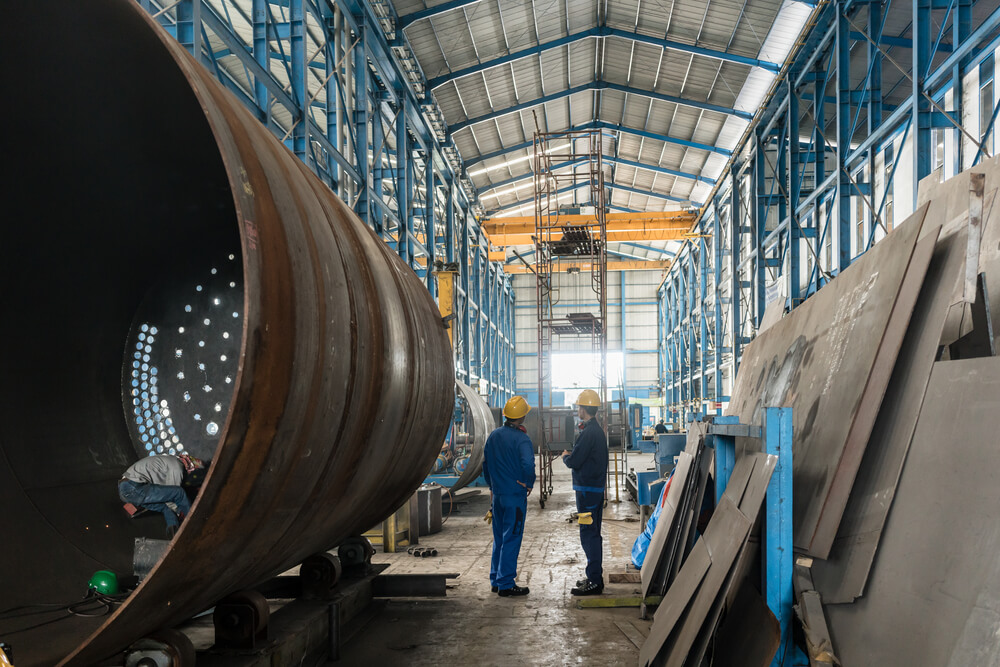The need for coordination and consultation with the private sector
It has been hard for the steel industry, especially in 2021, to deal with both new problems and problems that keep coming back from the past.
There are still fresh challenges in the year that are adorned with the motto “production, support, obstacle-elimination,” despite the countless correspondences between private sector representatives and high-ranking authorities, declaring demands and giving ways to overcome hurdles
. In times of economic sanctions and difficulties with oil sales, steel’s function as a key industry is all the more critical because of its impact on currency, value added, and the development of new jobs in the upstream and downstream industries. An issue that is represented not just in the steel industry but in all economic units is a lack of unit management, decision making, and parallel institutions.
Steel is an industry that has been hit hard by the instability of the market, which has been caused by the lack of integrated management and a central decision-making body.
If the needs of the private sector and steel producers, as well as the problems of sustainable energy supply and high transportation costs, which are the two most important parts of steel production and the Achilles’ heel of this industry, are not taken into account, it will be impossible to achieve the goals that have been set.
The following are three significant issues that at the present time cause a great deal of difficulty for the country’s many industries, most notably the key steel industry.
To begin with, there is the problem of this year’s rapid and inappropriate growth in energy carriers, which is greater than the last year (around 6-7 times).
There is no question that industries like steel need both short-term and long-term plans for production. They also need to figure out the cost of the product based on the same budget and then start making and selling it. . It is assumed that energy costs would rise by a considerable amount compared to last year’s tariffs for this plan.
The recent unexpected shifts in the costs of energy carriers, which took place three to four months into the year, have left all units in a state of confusion and caused financial losses, some of which are irreversible.Both the gradually and retroactively increase of prices need to be taken into consideration. These practices stand in contrast to the legislation on reducing obstacles to production as well as the law of business, both of which have been authorized by the highly regarded parliament.
. Likewise, this year saw a number of directives and legislation come into effect, including paragraph Z of Note 15 of Budget Law 1400, which resulted in significant financial losses for manufacturers, increased unanticipated expenses, and a rise in the product’s cost price. It also raised the indebtedness of the units to the power and gas administration.
Because the steel and petrochemical industries are built and run differently, it would be a terrible idea to structure the steel marketlike the petrochemical industry.This should be avoided at all costs.
Power and gas interruptions are two more issues that plague the steel industry. Electricity is a vital component in the manufacturing process, serving as one of the most significant variables in the production process in this industry
For nearly the entire summer of this year, several industries were leftwithout electricity for over two months. Using just 10% of the factory’s capacity implies that the furnaces are effectively turned off.
Another cause is the lack of availability of gas during the winter. Steel mills suffered yet another setback that will take years, if not be impossible, to make up for. Despite the above concerns and amid the instability of the current market owing to the paucity of comprehensiveness and inability to evaluate numerous elements of the issue before decision-making, a new difficulty was added to the problems.
The availability of steel goods on the stock market at mandated pricing was a blow to lots of steel mills, and as a result, many of them were forced to close their doors.
Due to the visibility of supply and demand, the stock market provides indisputable benefits, but the leading issue is supply at ordered pricing, independent of market supply and demand, which is the key concern.
Managing prices and mandated pricing is not practicable in the steel industry, as should be mentioned. According to primary economic rules, supply and demand balance the price of any market good.
Excess supply reduces prices, whereas excess demand raises them. In the meanwhile, giving hourly creation directions and establishing mandated pricing, independent of the product’s cost price, produces nothing but rent. As a result, the manufacturer suffers losses while the mediators profit.
Because factories are now required to supply their goods at cheaper prices, mediators are pushed to acquire stock exchange-traded goods, which are then sold to end users at a higher price
Regardless of the obstacles and hardships of tolerating the existing scenario, the shutdown of facilities will surely restrict the availability of steel. When the economy finally pulls itself out of a recession and enters a period of economic growth, this is when we face our most significant challenge. If this is the case, then the consumption of steel will increase during the boom, and as a consequence, attributable to growing demand and a lack of product supply, prices are expected to rise meaningfully, and no mandated pricing and directives will be able to regulate the market.
Over the last several years, craftsmen have shown that external sanctions cannot bring about a decline in output. For they have adopted the slogan of the year as their motto and are more committed in this direction than other institutions and organs, the primary priority of the craftsmen is to create employment and prevent production from ceasing, while internal limits and difficulties are what impede productivity.
Consequently, craftsmen and all private sector activists are calling for coordination and consultation with private sector representatives as the country’s economic helmsmen and managers in order to compile production-related directives, guidelines, and laws.
I hope that the steel sector’s leaders can find creative solutions to the industry’s issues so that, thank God, we may meet the 1404 vision document’s aim of producing 55 million tons of steel via national priorities.











